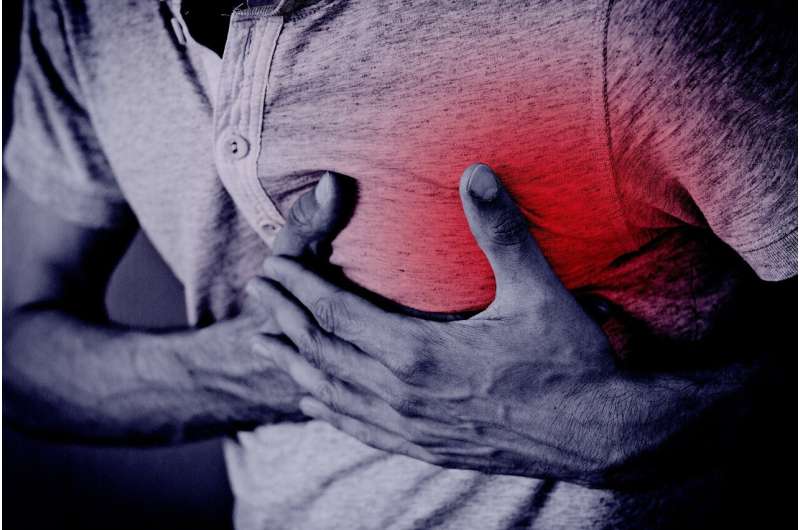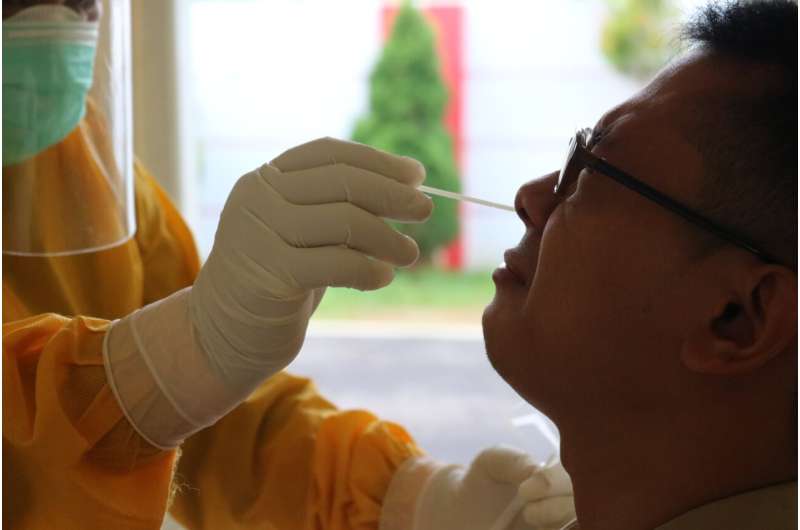High Incidence of Cognitive Dysfunction in Survivors of Cardiogenic Shock

Studies show that nearly two-thirds of cardiogenic shock survivors experience new cognitive impairments within three months after hospital discharge. Early screening and neuropsychological support are crucial for improving long-term outcomes.
A recent study led by researchers at UT Southwestern Medical Center has uncovered that a significant proportion of patients who survive cardiogenic shock experience notable cognitive impairments in the months following their hospital discharge. The investigation, published in the Journal of the American College of Cardiology, revealed that nearly two-thirds of these survivors develop new cognitive difficulties during the first three months post-hospitalization. This highlights an often-overlooked aspect of recovery in cardiogenic shock patients, emphasizing the importance of early screening and neuropsychological support.
The research involved enrolling 141 patients from William P. Clements Jr. University Hospital and Parkland Memorial Hospital who had survived an episode of cardiogenic shock. To establish a baseline cognitive function, family members completed an AD8 questionnaire before hospitalization. Patients then underwent cognitive assessment using the Montreal Cognitive Assessment-Blind (bMoCA) prior to discharge. Follow-up assessments at three months allowed the team to evaluate changes in cognition and daily functioning.
Results showed that 65% of patients with no prior cognitive issues exhibited new impairments at discharge, with 53% still affected at the three-month mark. These findings suggest that cognitive decline is a prevalent complication post-cardiogenic shock, contributing significantly to diminished quality of life. The study underscores the need for comprehensive survivorship programs that include routine cognitive screening and tailored rehabilitation efforts.
According to senior investigator Dr. James de Lemos, the study demonstrates the importance of looking beyond survival alone and addressing long-term functional outcomes. Dr. de Lemos, Professor of Internal Medicine and Chief of the Division of Cardiology, stated, "Our findings highlight that cognitive impairment is a common consequence of cardiogenic shock that can significantly affect patients' ability to resume normal daily activities."
Cardiogenic shock affects approximately 100,000 Americans annually and results from conditions such as heart failure, heart attack, or complications after cardiac surgery. Despite advances in management increasing survival rates to up to 70%, little is known about the quality of life and recovery trajectories of survivors. This study, led by clinical fellow Dr. Eric Hall, is the first to systematically evaluate cognitive outcomes, paving the way for better post-discharge care strategies.
By identifying cognitive challenges early and involving neuropsychology experts, healthcare providers can develop targeted rehabilitation approaches. The ultimate goal is to enhance recovery, improve long-term functioning, and help survivors regain independence. The researchers hope this study will serve as a foundation for implementing comprehensive post-survivorship care that prioritizes cognitive health in cardiogenic shock patients.
Stay Updated with Mia's Feed
Get the latest health & wellness insights delivered straight to your inbox.
Related Articles
Increased Violence Risk for Rural Women and Barriers to Help Access
Rural women experience higher rates of violence and face unique barriers to seeking help, influenced by social isolation, community norms, and firearm prevalence. Addressing these challenges requires targeted policies and community support initiatives.
Advanced Bioluminescence Diagnostic Tool Enhances Virus Detection with Superior Signal Longevity
Mass General Brigham unveils LUCAS, a revolutionary bioluminescent diagnostic tool that offers highly sensitive and long-lasting signals for rapid virus detection, facilitating early diagnosis and improved disease monitoring.
Early Risks of 'Skinny-Fat' Conditions in Young Singaporean Women Revealed
Research reveals that over 25% of healthy-weight young women in Singapore exhibit 'skinny-fat' traits, including low muscle mass and weak bones, increasing their risk of fractures and metabolic diseases. Early screening and lifestyle interventions are crucial. source: https://medicalxpress.com/news/2025-09-singapore-young-women-skinny-fat.html



